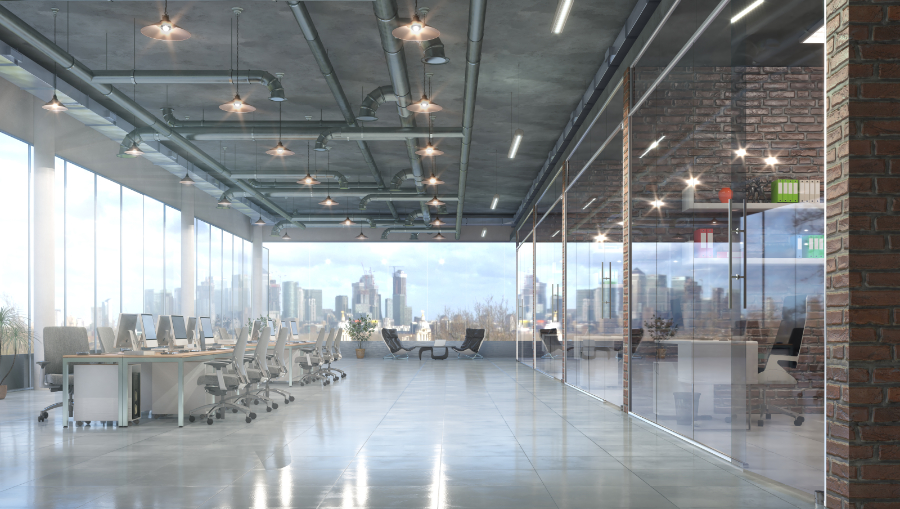Commercial real estate has greatly been disrupted by the COVID-19 pandemic, and it has changed the expectations of corporate tenants across the world. The rise of remote works and hybrid workspaces has transformed tenants' expectations and demands. Commercial landlords are no longer rent collectors but service providers. Commercial real estate tenants are looking beyond the space and shopping for an experience. Therefore they are demanding more from landlords in terms of lease terms, amenities, and technology. In this article, we are going to explore some of the things that tenants need to know about the future of CRE.
Tech-Enabled Spaces
For most tenants, basic connectivity is no longer enough; tenants are searching for commercial space that offers modern and emerging technologies like the IoT, machine learning, blockchain, automation, and robotics.

As tenants embrace the working from home model, they want all the best technologies they can get. Buildings that are adapted for the future are buildings that offer a robust, modern tech infrastructure as part of their value proposition.
Multi-Use Properties
As the pandemic is changing how we work due to social distancing protocols, multi-use properties provide access to residential, commercial, cultural, institutional, and industrial spaces. These spaces allow employees to have a holistic live-work-play environment.
Multi-use properties help in increasing parking and transportation efficiencies, reducing dependency on fuels and additional fuel infrastructures, encouraging walking, and even preserving environmental landscapes.
Flexible Leasing
The COVID-19 pandemic has shifted business leaders' perspectives about long-term leases. Coupled with exponential technologies and disruptive innovations, 10-15 year leases are no longer viable options for most companies. It is becoming increasingly harder than ever for companies to predict their workspace needs in the long-term, and there is a growing demand for remote work. Corporate tenants can look for short-term leases to be risk-averse, maintain cost and be nibble in the face of a disruption or crisis.
Flexible Spaces
Flexibility is the new normal. Corporate tenants want spaces that encourage growth. This is why commercial real estate tenants are increasingly leaning towards spaces that can be easily adjusted to fit their changing business needs, with features such as movable walls, light build-outs, modular furniture, etc.

Flexibility also means that office spaces can be used for different purposes. Large meeting rooms should be able to double as event space, small meeting rooms can double as individual workspace, small break-out areas can serve as small meeting rooms, etc. The idea is to provide tenants with more control over the space, and more choice over how they use and interact with it.
Space-as-a-Service
Space-as-a-Service is about making CRE buildings more enjoyable for everyone, particularly for the corporate tenants. The workplace is no longer about the physical space but also the experience. Corporate tenants demand and expect world-class amenities. Space-as-a-service is not only about the amenities the space offers, but also the entire experience from search to lease. For example, buildings can have 3D modeling tools or mobile apps that enable users to submit maintenance tickets, manage billing, or request a meeting room. Space-as-a-service helps employees to have a seamless experience across all touch-points.
Here are a few other articles we know you'll enjoy:
What to Know About Rent Escalation Clauses
6 Commercial Real Estate Trends Going into
Artificial Intelligence in Real Estate: The Future of CRE?
Subscribe for more Commercial Real Estate tips!







